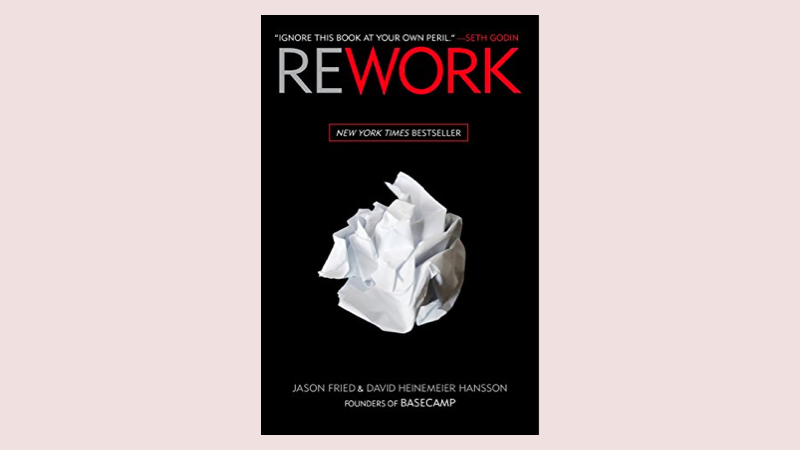Book Summary: Start With Why by Simon Sinek
The book in a paragraph The most successful individuals and organisations communicate and operate from their core purpose, cause or belief, inspiring others and achieving remarkable loyalty and engagement. They “start with why”. And then they align their how – processes and values – and… Book Summary: Start With Why by Simon Sinek




















